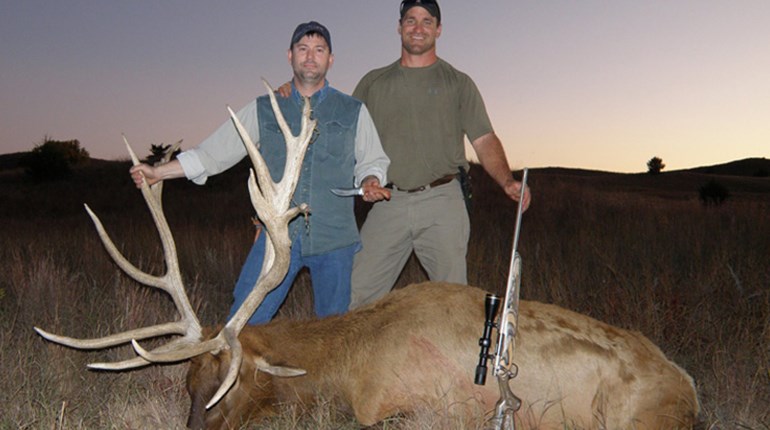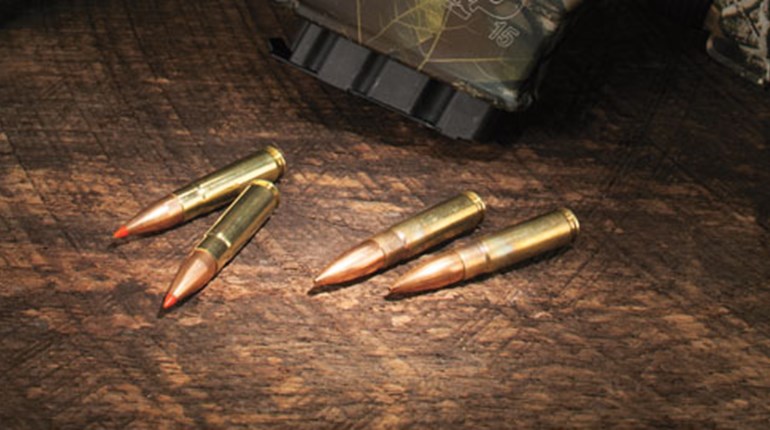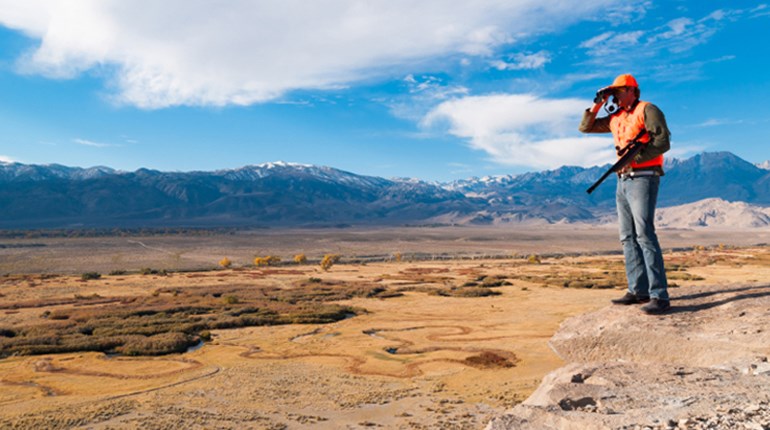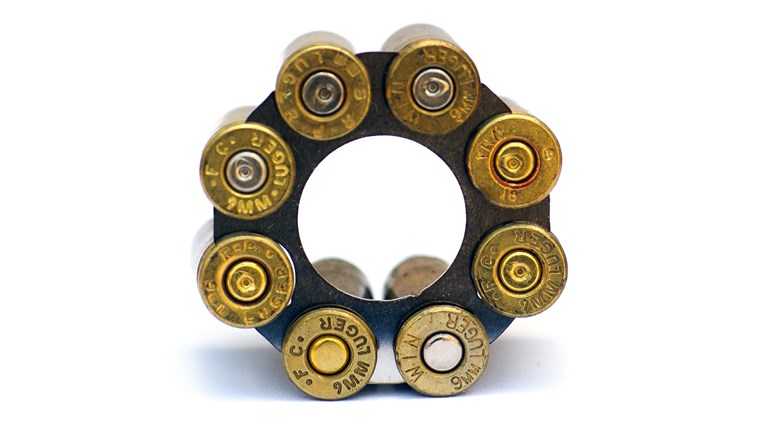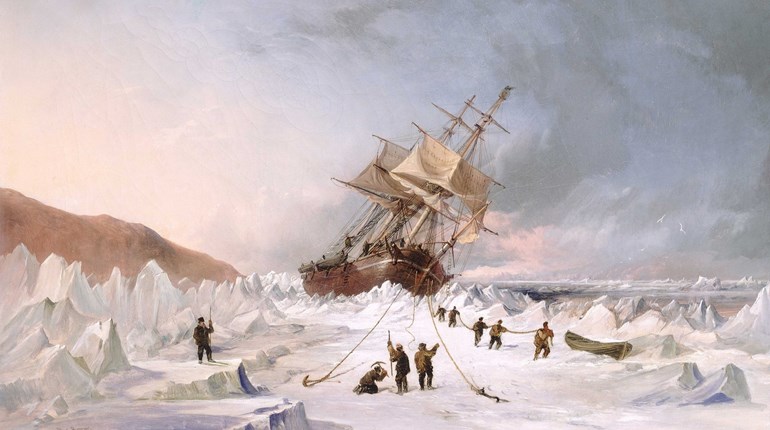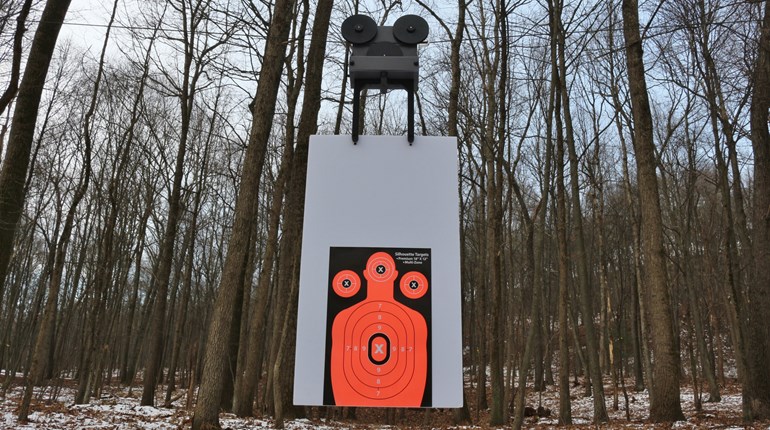
So you've been saving your nickels and dimes and you've finally got enough tucked away to book the hunt you've been dreaming about for years. You want to make sure you're getting the most for your money. Planning a destination hunt is no small task, especially if you're going to be hunting far enough away from home that you can't scout the area on a regular basis or if there is a dearth of public land. Booking travel and finding a hotel that is close to a hunting area is easy...but what about locking down land to hunt? Where do you begin?
Enter the Guide (or Outfitter). Guides are people who make a living helping hunters achieve their goals. Many offer lodging and accommodations that range from the very basic to five-star luxury. Guides are part hunter, part navigator, part airport shuttle, part shooting coach, part tracker, part butcher, part camp cook, part host. They possess local knowledge of the land on which they hunt, as well as the patterns of the animals that live there. Not only do they do their best to get all of their clients on good animals, but they also ensure the safety and health of their clients at all times. They need to be experts in first aid, know the signs of someone who can't go any further and to deal with all types of personalities all while pulling off a successful and enjoyable hunt. They wear many hats, and their success hinges upon them wearing those hats well.
Selecting a hunting guide is like any other major decision. It is important to gather and analyze information, then make the best decision possible. Talk to friends and associates who have gone on similar hunts, ask them who they hunted with and how they would rate the experience. Just as you would with any purchase, you shouldn't just go with the first one you see: Talk with a number of guides. You'll be more satisfied in the long run if you find a guide who has a personality that meshes well with yours. Generally, this isn't too difficult; they got into the business because they love hunting. However, personalities vary and a few phone calls will leave you with a good gut feel for the guides most closely aligned with the goals you've set for your hunt. There are a lot of good guides out there, but a little time on the phone will help you find the right guide for you.
Before embarking on your adventure, you need to consider all of the factors involved. When you are considering the possible elements of the hunt, take notes and write down questions. Potential guides will be able to answer them; they've heard them all before. Here are a few questions that are important to go over with the guide before booking the hunt:
Do you have any clients who have completed a similar hunt, and would any be willing to talk with me?
What is your success rate for the type/class of animal you are hunting?
Will you help secure permits to ensure the proper permit for the proper area is locked down?
Can you send pictures from previous hunts? Do you have current trail cam pictures of animals that we will be hunting?
What are the gear requirements? (Snake boots, appropriate rifle/cartridge, normal temperature for the time of year you'll be hunting, etc.)
If your client has a special health requirement-meds that need a refrigerator, physical challenges, etc.-are there accommodations?
Do you have cell phone service and/or wifi at camp? (Keep in mind that many camps are remotely located, and do not have Internet access.)
What is your emergency exit plan if there is an accident or health issue, heart attack, stroke, etc.?
How do you handle harvested trophies and meat?
Do I need to bring bedding and towel(s)?
When you finally arrive at camp, there are a few things a good guide will be looking for, even if he doesn't mention them. Handle your firearm or bow carefully and pay attention. It's exciting to get to camp and show off your favorite firearm or bow, but don't get caught up in the moment and forget proper etiquette and safety rules.
Another thing to watch out for is alcohol consumption. Lots of folks enjoy a drink or two while in hunting camp, but keep an eye on anyone who is overdoing it. Even if the person is not intoxicated, it can slow a person down in the field, cloud judgment and cause them to become a liability.
Sight in your rifle or bow after travel. This is not a "maybe": It is not fair to you, the guide or the game if you cannot successfully place a bullet or arrow on target. Travel can take a scope, iron sights and bow sights out of zero. Take the time and make sure you have a good zero before heading into the field. Even more importantly, practice your marksmanship before you leave. Don't just shoot from the benchrest. I once asked an African Professional Hunter whether most American hunters were good shots. His response? "Some of the best shooters in the world...off a benchrest. Put them on shooting sticks and most of them are a proper mess." Even if you practice shooting from sticks and other field positions with a pellet gun, you will be better off than if you only shoot your rifle from the benchrest.
Tipping is very important. If you get exceptional service at a nice restaurant, most of us don't bat an eye at a 20-percent tip for the waiter or waitress. If you have an exceptional experience on a hunt, a 20 percent tip is not out of line for your guide. Remember, he's been keeping track of these animals all year, he is using his resources and his time to ensure you have a successful hunt. If he delivers, make sure to let him know you appreciate what he did, and always remember that actions speak louder than words.
Finding a guide isn't nuclear physics, but as with anything you're doing for the first time, it can be tricky. It's well worth the time spent to study the topic and make sure that you've stacked the deck in your favor. When you find a guide that you like, there is a pretty good chance that you'll be booking a hunt with them more often than you ever dreamed possible, and they will likely become a good friend. Bumpy experiences happen, but as in any relationship, a little communication up front can alleviate a lot of frustration on the back end. (And never skimp on the tip!)













